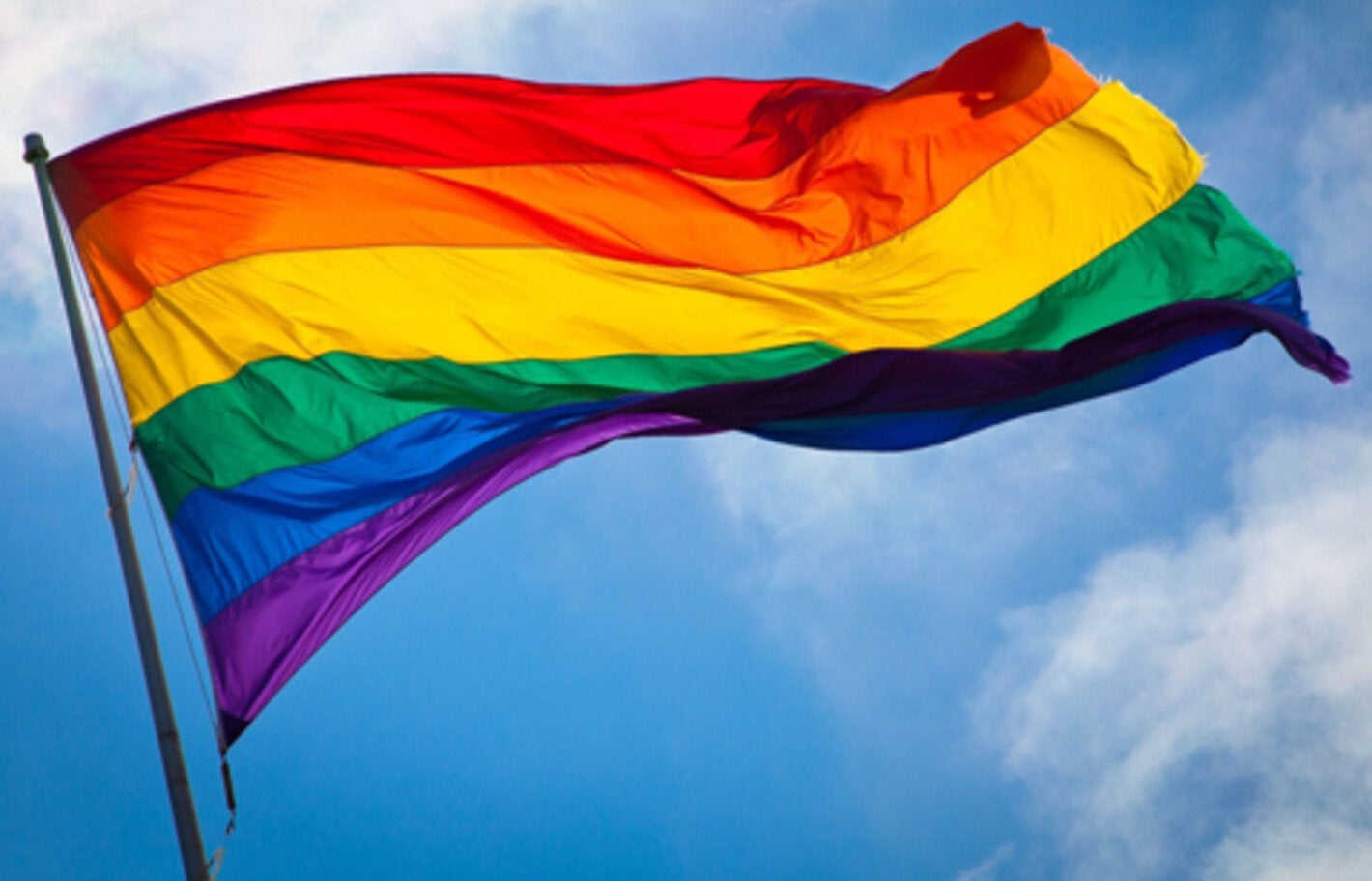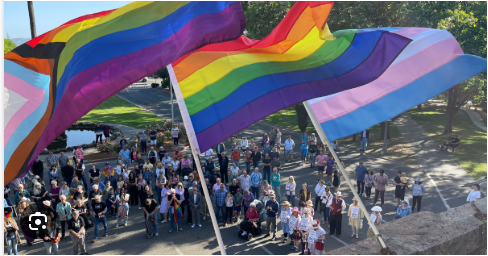Las Vegas Raiders defensive end Maxx Crosby has made headlines by openly choosing not to take part in Pride Month celebrations this June. Expressing discomfort with what he terms “woke” culture, Crosby’s stance has sparked widespread debate among fans, fellow athletes, and commentators—highlighting ongoing tensions in the world of professional sports over personal values, identity, and activism.
Crosby Speaks Out: A Defiant Personal Position
In a recent interview, Crosby outlined his reasons for distancing himself from Pride Month initiatives. “I believe in everyone’s right to live authentically,” he said. “But I can’t support what I see as a politicized and divisive version of inclusion. It’s less about unity now and more about pushing an agenda.”
His remarks reflect a broader rift within sports culture—where some athletes view activism as part of their role, while others push back against what they consider to be performative or ideologically driven movements. Public Reaction: Polarization Among Fans and Commentators
Public Reaction: Polarization Among Fans and Commentators
Crosby’s statement quickly ignited strong reactions online and across sports media. Supporters praised him for being unafraid to voice a controversial opinion, especially in a climate where public figures often feel compelled to align with popular social causes.
One supporter posted on X (formerly Twitter), “Maxx is speaking his truth. We need more honesty in sports.”
However, many others criticized his decision, accusing him of disregarding the importance of visibility and support for the LGBTQ+ community. Advocates and allies called on athletes to use their platforms to promote empathy, inclusion, and social progress.
Social media became a battleground, with competing hashtags both praising and condemning Crosby’s viewpoint.
The NFL’s Stance on Pride and Inclusivity
The NFL has a record of supporting diversity, equity, and inclusion—including visible support for Pride Month. Teams often wear special apparel, organize awareness events, and promote messaging that affirms LGBTQ+ individuals.
Crosby’s dissent puts the league in a delicate position. A league spokesperson commented, “We value our players’ right to express their beliefs, while also remaining steadfast in our commitment to inclusion and respect for all.”
The NFL, like many organizations, must continuously navigate the complex intersection of personal freedom and institutional values.Larger Context: Athlete Advocacy and Individual Beliefs
Crosby’s remarks contribute to the broader debate about the role of professional athletes in social and political issues. While some players take vocal stances in support of progressive causes, others resist what they view as coercion to adopt particular ideologies.
This divide underscores deeper questions about authenticity, personal boundaries, and the expectations placed on public figures. For some, declining participation in certain causes isn’t about animosity—it’s about preserving the right to make individual choices.
Potential Ramifications: Impact on Crosby and the Raiders
The fallout from Crosby’s announcement may affect his relationships within the Raiders organization and the NFL at large. Teammates, coaches, and sponsors may react in various ways, and public perception could shift as a result.
Still, some analysts argue that in a pluralistic society, athletes should be able to share genuine views—controversial or not—as part of the broader dialogue around free expression and accountability.
Raiders Fans React: A Divided Response
The Raiders fanbase is similarly split. Some have voiced strong support, applauding Crosby for standing firm in his convictions. Others have expressed concern, noting that athletes have a responsibility to promote unity and support marginalized communities.
This division mirrors broader societal rifts and highlights the challenges sports teams face in uniting fans with diverse perspectives.
Debating “Woke” Culture in the Sports Arena
The term “woke” has become a cultural flashpoint—celebrated by some as a call for awareness and inclusivity, but dismissed by others as a symbol of overreach or virtue signaling.
Crosby’s comments tap into this ongoing discourse, bringing questions about identity, free speech, and cultural values into the spotlight—especially in a setting as influential as professional sports.
Looking Ahead: What Comes Next?
As Pride Month progresses, both the public and the NFL will be watching how Crosby—and the league—navigate the situation. Will he remain firm in his views? Will the league issue further statements or take additional steps?
The outcome could set new precedents for how players, teams, and leagues approach personal beliefs and social initiatives in the future.
Final Thoughts: A Moment for Dialogue
Crosby’s public rejection of Pride Month and critique of “woke” culture goes beyond a single statement—it has become a touchpoint for deeper conversations about belief, inclusion, and expression in sports.
Regardless of where people stand on the issue, it offers a chance to reflect on how society balances differing viewpoints while striving for respect and understanding.
As the situation unfolds, the hope is for meaningful discussion and thoughtful engagement—both on and off the field.
